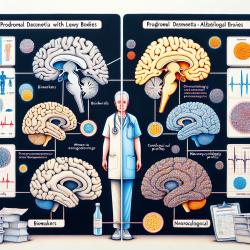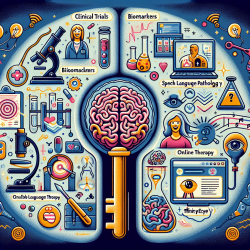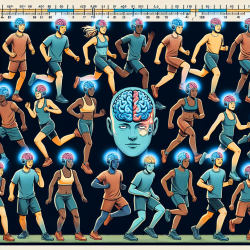Understanding the Role of Self-Esteem in Psychiatric Disorders
Self-esteem is a critical component of psychological health, influencing various aspects of an individual's life. The study "Low self-esteem and psychiatric patients: Part I – The relationship between low self-esteem and psychiatric diagnosis" sheds light on the pervasive impact of self-esteem across psychiatric disorders. The research highlights a vicious cycle where low self-esteem increases susceptibility to psychiatric conditions, which in turn further diminishes self-esteem.
Key Findings from the Research
The study, conducted on a sample of 1,190 individuals at the University of Alberta Hospital, revealed that all psychiatric patients exhibited some degree of lowered self-esteem. Notably, the severity of low self-esteem varied among different diagnostic groups. Patients with major depressive disorder, eating disorders, and substance abuse displayed the lowest self-esteem levels. Additionally, comorbid conditions, especially involving depressive disorders, were associated with even lower self-esteem.
Implications for Practitioners
For practitioners, understanding the intricate relationship between self-esteem and psychiatric disorders is crucial. Here are some ways practitioners can apply these findings:
- Holistic Assessment: Incorporate self-esteem evaluations in the assessment process to identify potential vulnerabilities and tailor interventions accordingly.
- Targeted Interventions: Develop interventions that specifically aim to enhance self-esteem, particularly in children with depressive symptoms or those at risk of developing psychiatric disorders.
- Comorbidity Awareness: Recognize the additive effect of comorbid conditions on self-esteem and address each component to foster holistic recovery.
- Longitudinal Monitoring: Engage in longitudinal studies to explore the causal relationships between self-esteem and psychiatric disorders, enabling more effective prevention and intervention strategies.
Encouraging Further Research
While the study provides valuable insights, it also underscores the need for further research. Longitudinal studies are essential to determine whether low self-esteem precedes the onset of psychiatric disorders or if it improves as conditions are treated. Practitioners are encouraged to contribute to this growing body of research to refine therapeutic approaches and improve outcomes for children.
Conclusion
By integrating the findings from this study into practice, practitioners can play a pivotal role in breaking the cycle of low self-esteem and psychiatric disorders. At TinyEYE, we are committed to supporting practitioners in creating positive, lasting changes in the lives of children through data-driven, evidence-based approaches.
To read the original research paper, please follow this link: Low self-esteem and psychiatric patients: Part I – The relationship between low self-esteem and psychiatric diagnosis.










